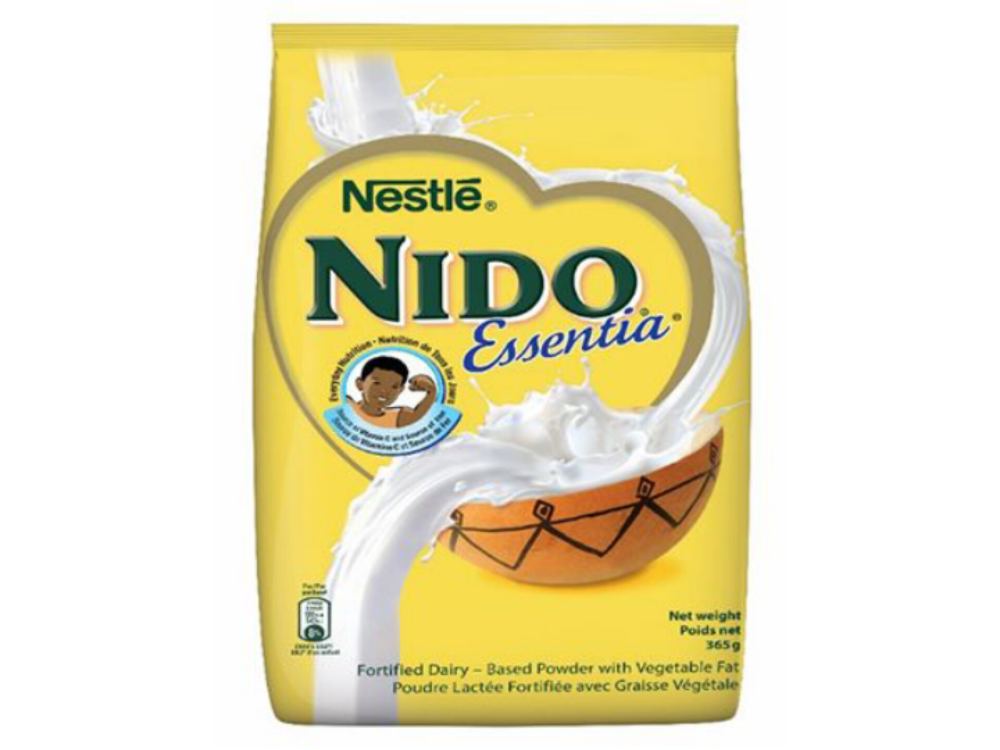Price of Nido Tin in Ghana

Nido tin is a brand of powdered milk that is made from cow milk. It is produced by Nestle, one of the largest food and beverage companies in the world.
Unlike traditional milk, which needs to be refrigerated and consumed within a few days, Nido tin is a long-life milk powder that can be stored for months without spoiling.
This milk powder is specifically designed for growing children and is fortified with essential vitamins and minerals that are vital for their development.
Nido can be used in a variety of recipes, including smoothies, baked goods, and more. It can also be used as a substitute for fresh milk in most recipes, making it a versatile ingredient to have on hand in the kitchen.
Nido tin milk is a source of protein, which is important for building and repairing tissues in the body. For parents looking for a healthy and nutritious milk for their families, Nido tin milk is a great option.
Price of Nido tin in Ghana
On average, a 400g tin of Nido costs between GHS 25 to GHS 30, while a 900g tin can cost between GHS 60 to GHS 80. These prices are subject to change, and they may be higher or lower depending on their factors.
Factors that influence the price of Nido tin in Ghana
1. Exchange rates
As Nido is an imported product, its price is heavily dependent on the value of the Ghanaian cedi in relation to other currencies, such as the US dollar or the euro.
If the cedi is weak, the price of Nido will likely rise as importers will need to pay more to bring the product into the country.
2. Availability
If the product is in high demand and there is limited supply, the price will typically increase. This is because importers and retailers can charge more for a product that is in short supply, knowing that consumers will be willing to pay a premium to get their hands on it.
3. Transportation costs
Transportation costs can vary depending on a number of factors, such as distance, fuel prices, and taxes. If transportation costs increase, importers and retailers may need to raise the price of Nido to cover their expenses.
4. Taxes and tariffs
- Advertisement -
If the government increases import tariffs on powdered milk, importers and retailers may need to pass on these costs to consumers in the form of higher prices.
5. Market competition
If there are several brands of powdered milk available in the market, retailers may need to keep their prices low in order to remain competitive. If Nido is the only brand available, retailers may charge higher.
Conclusion
The price of Nido tin in Ghana is subject to various factors, including exchange rate, cost of transportation, and market demand.
While the price may fluctuate from time to time, Nido remains a popular choice for many families.
Consumers should be aware of these factors when purchasing Nido and be prepared to pay different prices depending on the prevailing market conditions.


